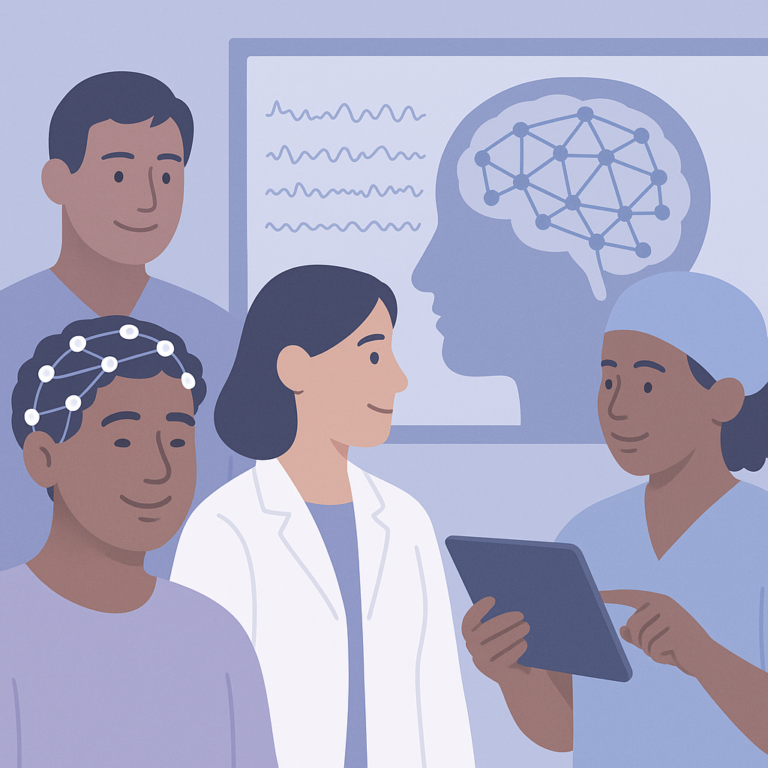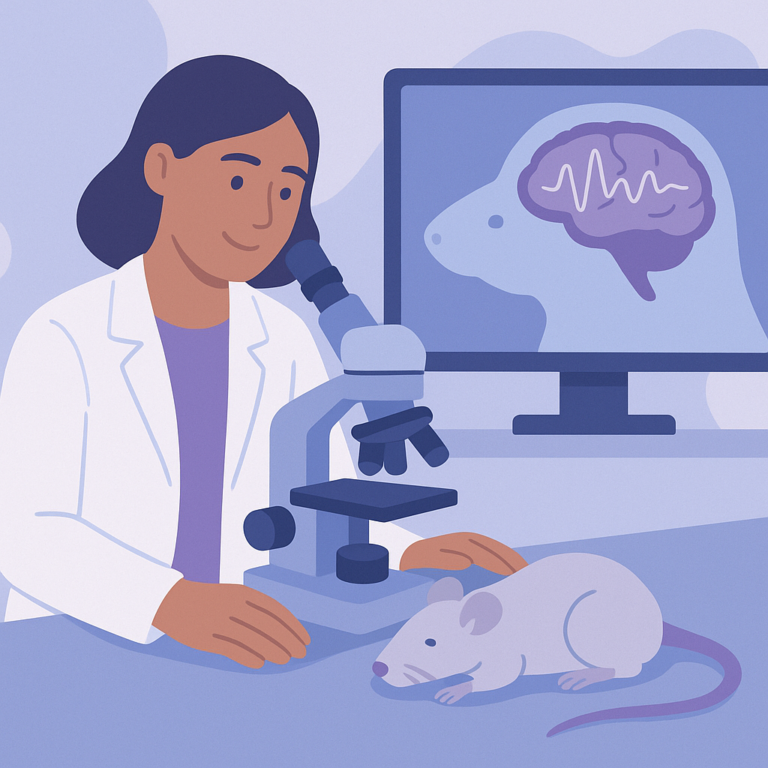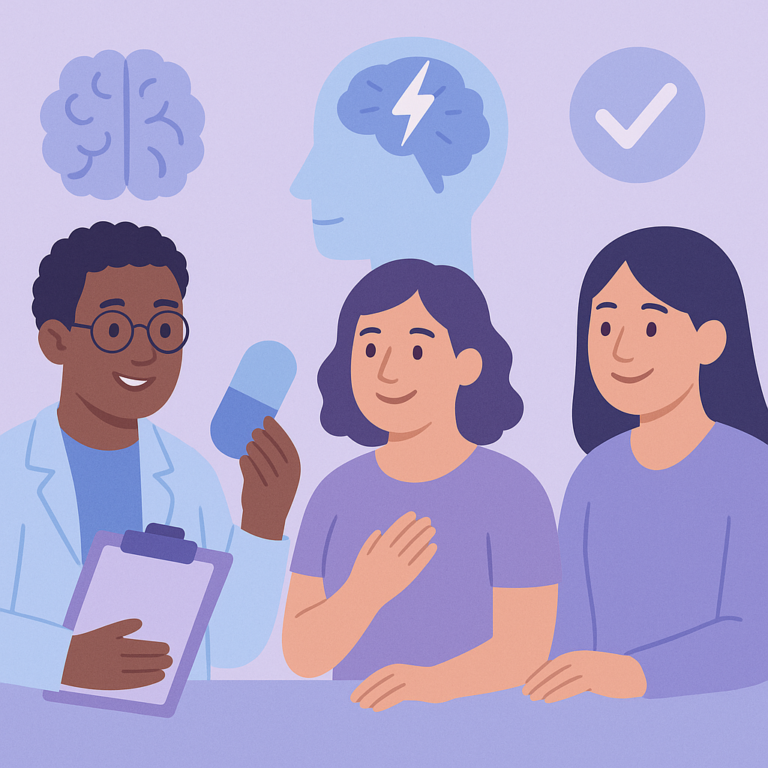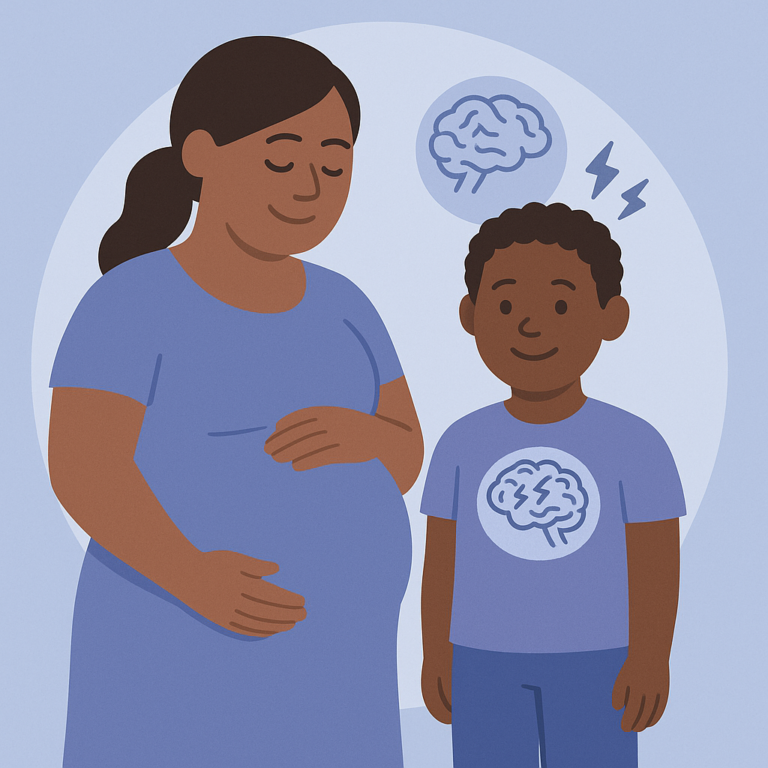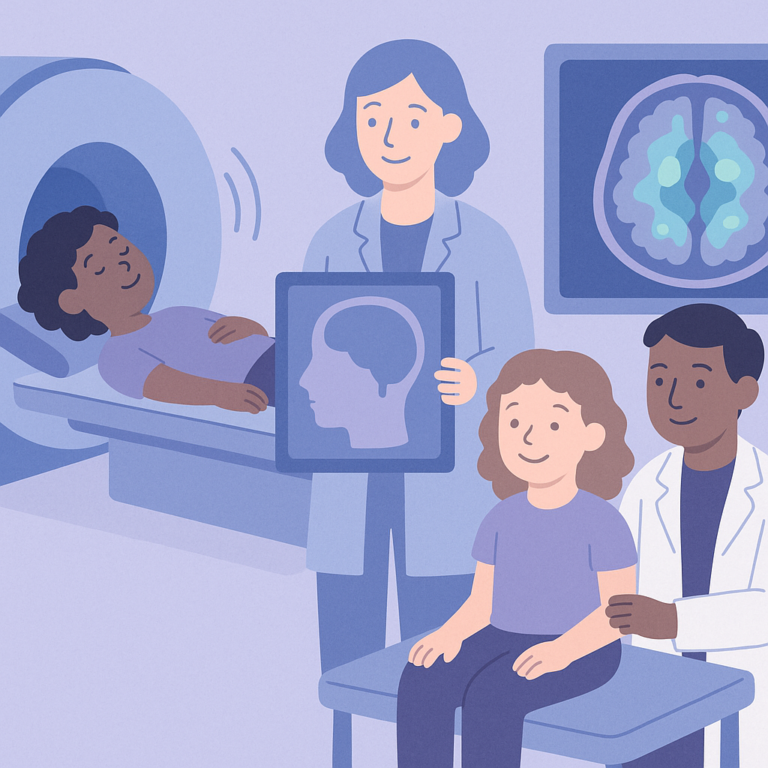Epilepsy research summaries in plain English
Epilepsy Explained turns new epilepsy research into clear, practical takeaways for parents, caregivers, and people living with epilepsy. You will find short summaries of real studies, plus topic hubs that help you learn without getting lost in jargon.
Important: Epilepsy Policy & Research
🏛️ National Plan for Epilepsy Act (S. 494): Plain English Summary 🏛️
A clear, caregiver-friendly explanation of a bipartisan bill designed to improve epilepsy research, care coordination, and long-term outcomes in the United States.
Start Here
If you are new, start with these:
Popular Next Steps
Common next topics people look for:
Featured Topics
Drug-Resistant Epilepsy
Learn about drug-resistant epilepsy, which is when seizures aren’t controlled after trying two prescribed medicines, leading to alternative treatments.
Comorbidities
Learn about epilepsy comorbidities, which include other conditions that often show up with seizure disorders, like anxiety, ADHD, sleep issues, depression, and autism.
Status Epilepticus
Learn about status epilepticus, which is when a seizure doesn’t stop, or seizures happen so closely together without recovery in between.
Browse All Topics
Explore the full list of topic hubs to find what matches what you are dealing with right now.
Latest Epilepsy Research Summaries
New summaries are added regularly. Each post explains what the study asked, what researchers found, and what it may mean for real life decisions.
Epilepsy Explained FAQ
Epilepsy Explained is a website with epilepsy research summaries in plain English. We read studies about seizures, epilepsy care, safety, tests, and treatments, then translate the findings into clear takeaways you can actually use.
This site is for parents and caregivers, teens and adults living with epilepsy, and anyone trying to understand seizures and epilepsy care without medical jargon.
No. This site is educational and cannot replace medical care. Always talk with your neurologist or epilepsy specialist about diagnosis, treatment changes, or urgent symptoms.
We focus on studies that answer common real life questions about seizures and epilepsy. We prioritize topics like safety, medications, tests such as EEG and MRI, seizure triggers, sleep, quality of life, and what helps families day to day.
Most summaries explain what the study asked, who was included, what researchers measured, what they found, and the main limitations. We also add a “what this may mean for you” section with practical, careful takeaways.
New epilepsy research summaries are added on a regular schedule. The easiest way to stay updated is to join the newsletter.
We base our summaries on published research and aim to describe findings accurately and clearly. Research can be complex, and no single study should guide a major decision by itself. Use the summaries to learn and to prepare better questions for your clinician.
We cover major epilepsy topics such as pediatrics, genetics, drug resistant epilepsy, SUDEP, status epilepticus, safety and first aid, imaging and EEG, devices and neuromodulation, ketogenic diet, pregnancy, lifestyle and sleep, and common comorbidities.
Start with the topic hubs and the safety pages. Then read a few recent summaries that match your situation, such as pediatric epilepsy, medication options, or EEG results. Bring your questions to your clinician so you can make decisions with context.
Yes. If there is a question you keep running into, you can send it through the newsletter page or contact option. We use suggestions to plan new topic guides and future evidence overviews.


